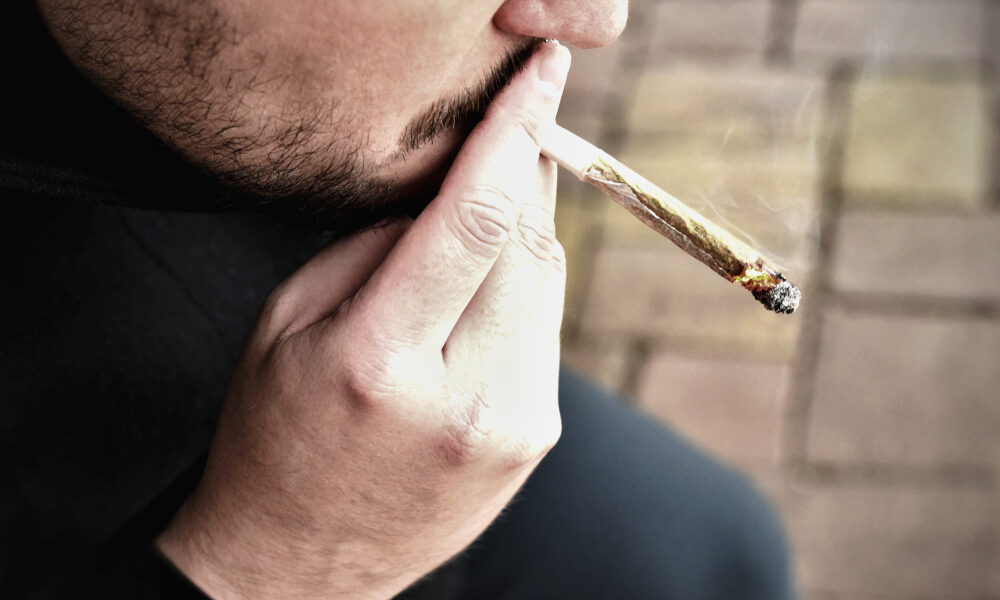According to a 2021 National Safety Council survey, eight out of 10 employers have concerns about recreational cannabis (and related products). These concerns are now being discussed in New York as its legalized industry plans to roll out.
In that same survey, one-third of employers claimed cannabis to be a prime concern. This may be due to the fact that half of the employers did not have any written policy concerning cannabis.
“We get questions pretty much on a daily basis now about this topic,” said Liz Warren, executive vice president for Employer Service Corporation. “So, the first thing we do is talk to the particular company about what is their policy in their handbook because that’s where you have to start.”
The most common example used is drug testing. Many employers require this and usually do so under state laws. If cannabis is suddenly legalized in a state, then employers would need to follow state laws and remove it from drug testing.
In every state we’ve seen so far, cannabis tends to be regarded as an “off-duty” activity that any adult 21 years or older is allowed to participate in. However, this has brought up the question of what is considered “off-duty.” More specifically, some have argued that a lunch break technically can be considered off-duty.
According to Lisa Casa, a Long Island attorney who specializes in labor law, “The Department of Labor has clarified: lunch break is still you’re on duty. So, people can’t do it. The other restriction is, although you can do as you want in your own home, you can’t come to work impaired.”
This then brings up the question of what is considered “impaired”? Naturally, you can’t test for cannabis impairment the same way you can a blood-alcohol limit. So, what measures should employers use?
The Bigger Issue: Defining What Cannabis Impairment Is in New York
According to David Holland, an attorney who specializes in workplace cases about cannabis, employers would need to consider a number of factors. As he puts it:
“Unless somebody comes into work either carrying cannabis or otherwise are showing articulable and visible signs of impairment, then an employer is not free to do what they want.”
Holland goes on to explain that “impairment” must define an employee’s work performance–determining if they are safe and able to work in specific environments. Other factors, such as smelling cannabis or falling asleep on the job are not enough evidence to suggest impairment.
“Red eyes may be attributable to a variety of factors,” he noted. “So, what the guidance says and where the law shakes out is if somebody is using heavy equipment in a reckless and unsafe manner, that would be grounds to take action.”
Admittedly, while this does provide some clarification, it does not give employers the proper tools to test for impairment. Concern has only been amplified by the fact that the above-mentioned survey found one-third of employees consumed cannabis during work hours.
On top of this, medical cannabis is another issue in and of itself. Many are prescribed cannabis for specific reasons that may require daytime use. Naturally, many employers don’t approve of this matter. However, those with disabilities and a medical cannabis card are protected under the Compassionate Care Act.
Still, even under the Compassionate Care Act, medical patients aren’t allowed to come to work under the influence of marijuana. As Casa said:
“You don’t have to tolerate impairment. So, while a medical user may need to use medical marijuana to manage their condition, manage their pain, they still have to make sure they’re coming to work without that impairment. And that is the line: it’s not always so easy to tell what is an impairment or what is a restriction.”

